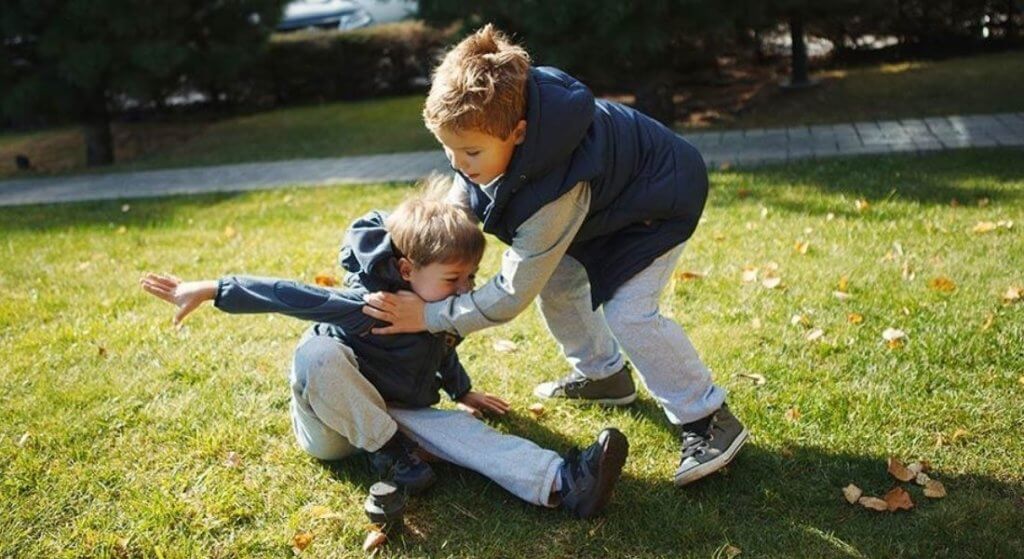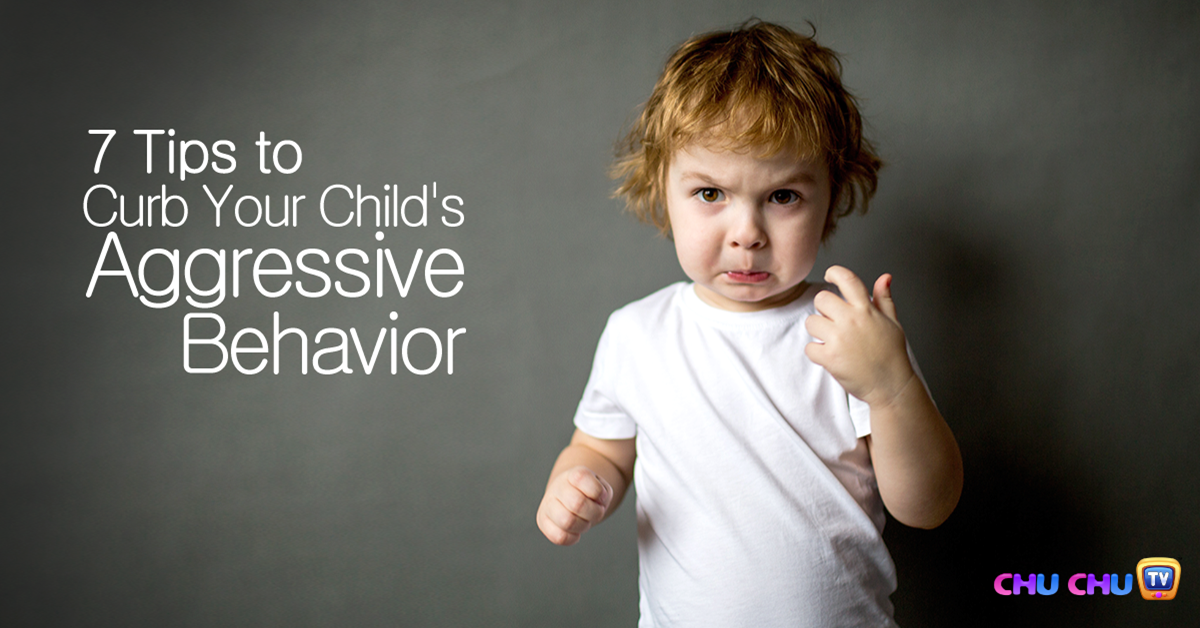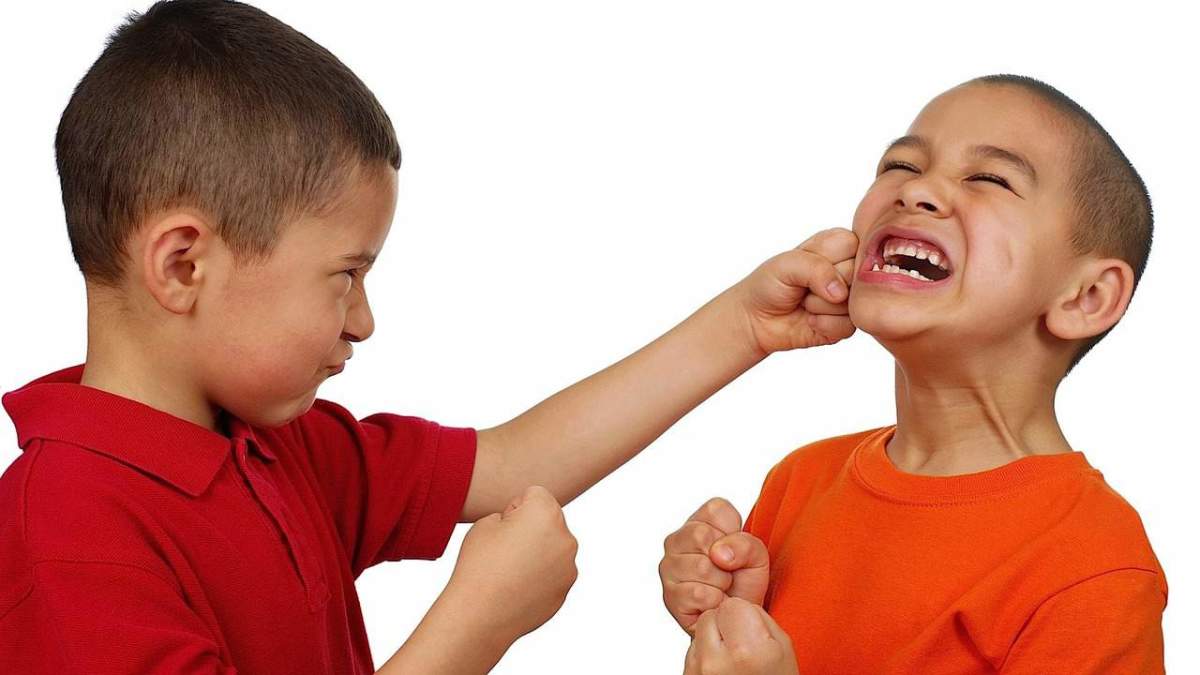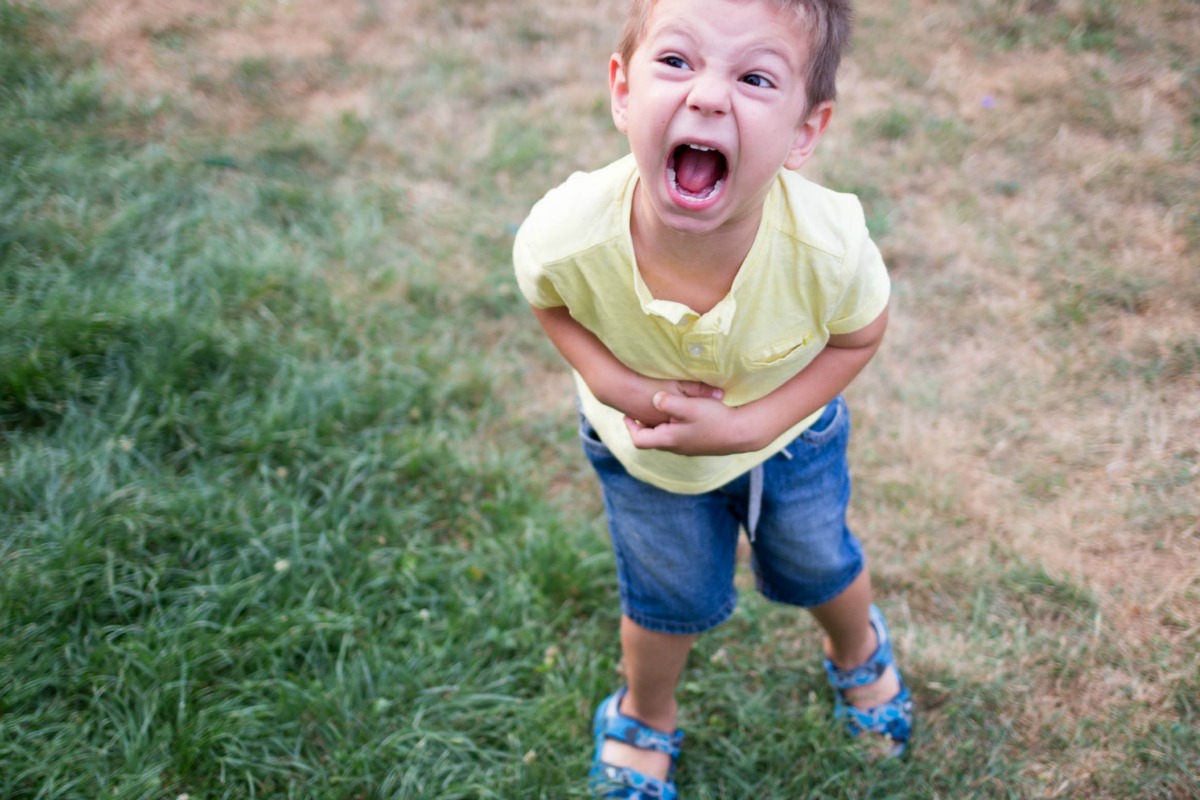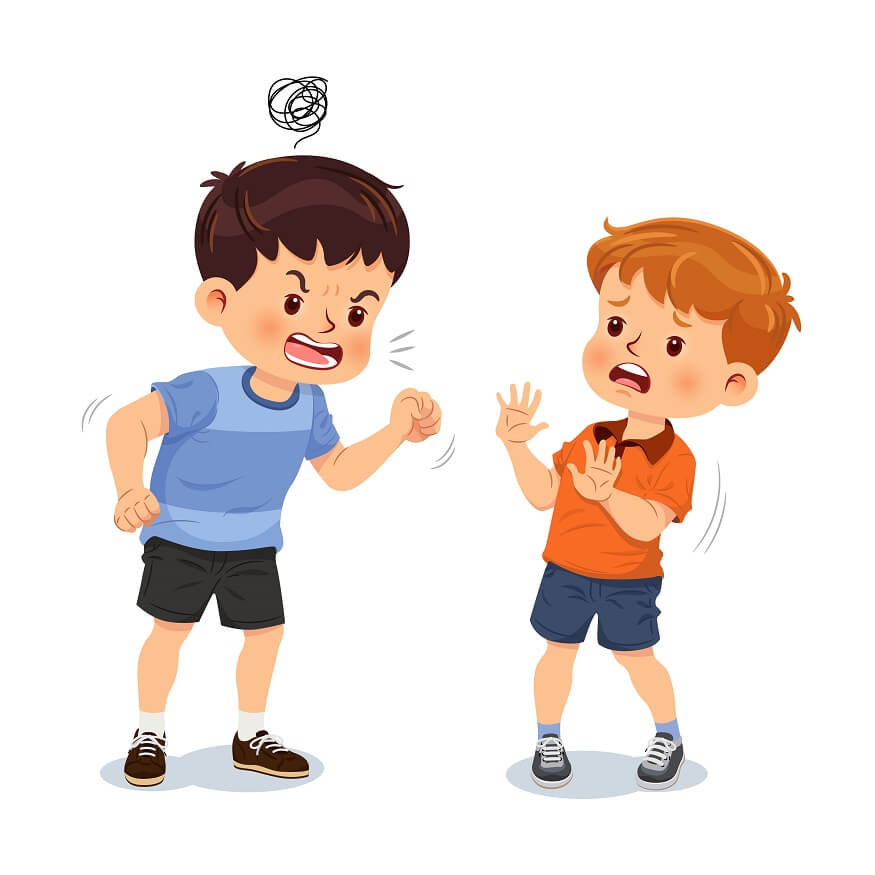Ideal Tips About How To Deal With Aggressive Behaviour In Children
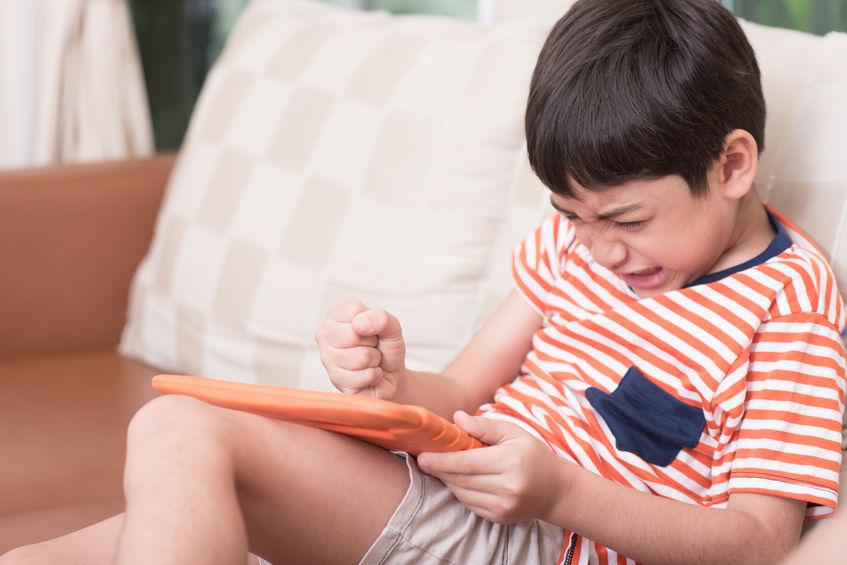
There are several ways to modulate the behavior of children.
How to deal with aggressive behaviour in children. Anger, irritability, and aggression are among the most common reasons for child mental health referrals. Here are some tips to help you at various stages of your child’s life. Working to minimize risk factors and enhance protective factors can help reduce or eliminate aggressive behaviour.
More ways to deal with aggressive behavior in children. This way, you let your child know that the anger is the problem, not them. Individuals risk factors difficult temperament poor emotional.
For instance, get the child’s. The headteacher of a maintained school must act in accordance with the current statement of behaviour principles made by the governing body and have regard to any guidance. Try to eliminate or minimize the aggression from the world surrounding the child (punishment, tv and computer games with.
Sometimes toddlers are aggressive because they lack the verbal skills to get their needs met. Redirection is usually the most effective way to deal with this type of physical aggression. Violent behavior in children and adolescents can include a wide range of behaviors:
A child who can't say, don't do that, when their sibling takes a toy out of their hands may hit or bite to express their displeasure. Be prepared that children will sometimes have difficulty staying in charge of their behavior. The way you handle aggression with your child may change from age to age, stage to stage.
To help an angry child, start by doing your best to stay calm and consistent. A comprehensive evaluation by a mental health professional may be needed to get the. This review is focused on two forms of.
Range of violent behavior. 3) responding to misbehaviour immediately, with a calm and clear instruction that directs the child to what they should instead be doing. If their frequent angry outbursts and aggressive behaviors.
If your child's behavior is unusually aggressive for more than a few weeks, they're. First, parents or carers need to try to overcome and resolve the anger issues by staying calm, helping the child to teach to express themself by naming emotions,. Learning to communicate and manage frustration is part of growing up.
Team up with your child to help them deal with their anger. But some children don’t master those skills. Decrease the level of criticism.
Help your child get rid of angry feelings by encouraging them to, for example, run around, count to 10, take big breathes, scrunch up their face or fists and release them. Identify and reduce causes of stress that trigger outbursts.



:max_bytes(150000):strip_icc()/what-is-passive-aggressive-behavior-2795481_final-b89054754f3e4363ab921bcddcd8ff3d.png)


